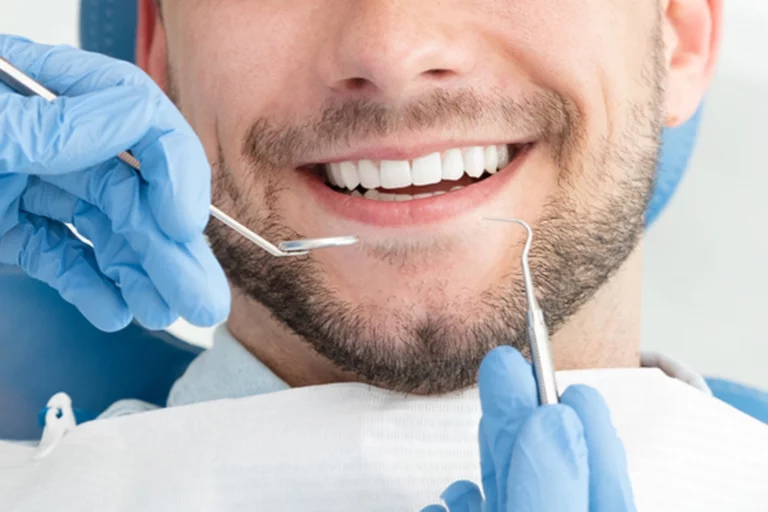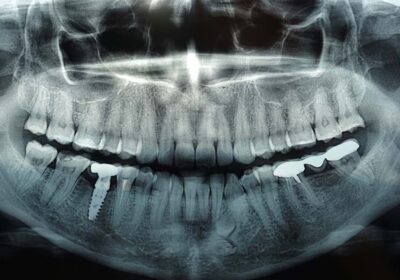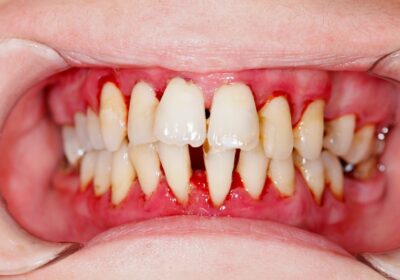
Depression in Teens: Recognizing Signs and Seeking Help
Introduction
Adolescence is a period of growth and self-discovery, but it can also be a challenging time, especially for teenagers who grapple with depression. Depression in teens is more common than you might think, and it’s crucial for parents, caregivers, educators, and friends to be aware of the signs and offer support. In this blog post, we will explore the signs of depression in teenagers and provide guidance on how to recognize these signs, initiate conversations, and seek appropriate help.
Understanding Teenage Depression
Teenage depression is not simply a case of “the blues” or typical mood swings associated with adolescence. It is a serious mental health condition that can affect a teen’s emotional, physical, and social well-being. Depressed teenagers often experience persistent feelings of sadness, hopelessness, and a loss of interest or pleasure in activities they once enjoyed.
Recognizing Signs of Depression in Teens
Recognizing the signs of depression in teenagers is the first step in providing support. While not all teens will exhibit the same symptoms, some common signs to look out for include:
Persistent Sadness: A depressed teen may display prolonged and unexplained sadness, often accompanied by frequent crying spells.
Irritability: Teens with depression may become easily agitated or irritable, even over minor issues.
Withdrawal: Depressed teenagers often withdraw from family and friends, isolating themselves from social activities and relationships.
Changes in Sleep Patterns: Look for significant changes in sleep, such as insomnia or excessive sleeping.
Changes in Appetite or Weight: Depression can lead to significant changes in appetite, resulting in either overeating or a loss of appetite.
Fatigue: Teens with depression may feel constantly tired and lack the energy to participate in daily activities.
Decline in Academic Performance: A noticeable drop in school grades or academic motivation may be a sign of depression.
Feelings of Worthlessness or Guilt: Depressed teens often express feelings of worthlessness, guilt, or self-blame.
Lack of Interest: They may lose interest in hobbies, extracurricular activities, and social interactions.
Thoughts of Self-Harm or Suicide: This is a critical warning sign. If a teenager expresses thoughts of self-harm or suicide, seek help immediately.
Initiating the Conversation
If you suspect that a teenager you know is struggling with depression, it’s essential to approach the conversation with empathy and understanding:
Choose the Right Time: Find a private and comfortable setting to talk, free from distractions.
Be Empathetic: Listen actively without judgment. Allow them to express their feelings and thoughts.
Express Concern: Start the conversation by expressing your concern for their well-being. Use “I” statements to avoid sounding accusatory.
Ask Open-Ended Questions: Encourage them to share by asking open-ended questions like, “How have you been feeling lately?”
Offer Support: Let them know you’re there to support them and that they don’t have to go through this alone.
Seeking Professional Help
Depression in teenagers is treatable, and early intervention is crucial. If you suspect that a teenager is experiencing depression, consider the following steps:
Consult a Mental Health Professional: Reach out to a mental health specialist, such as a therapist, counselor, or psychiatrist, who specializes in adolescent mental health.
Involve the Family: Encourage parents or caregivers to be part of the treatment process and support the teen’s recovery.
Explore Treatment Options: Treatment may include therapy, medication, or a combination of both, depending on the severity of the depression.
Follow Through: Continue to offer support and monitor the teenager’s progress. Be patient, as recovery may take time.
Conclusion
Depression in teenagers is a real and treatable condition. By recognizing the signs, initiating compassionate conversations, and seeking professional help when needed, we can provide the necessary support and guidance to help teenagers overcome depression and find their way to a healthier, happier, and more fulfilling future. Remember that you are not alone in this journey, and there is hope for recovery and well-being.
Disclaimer: This blog post provides information and guidance on coping with depression. However, it is intended for informational purposes only and should not be regarded as a replacement for professional medical advice. It is imperative that you consult with a qualified healthcare provider or a licensed mental health professional for personalized guidance and before initiating any new healthcare regimen or treatment plan tailored to your specific needs.


















